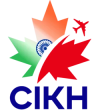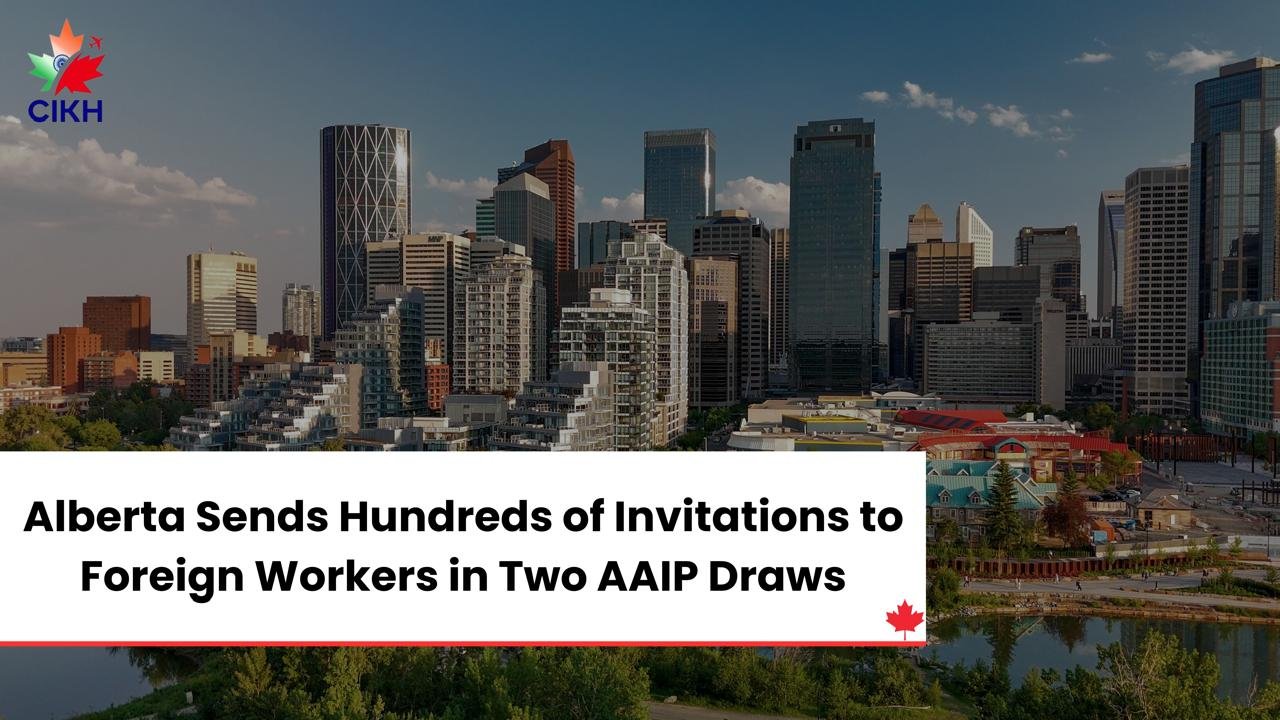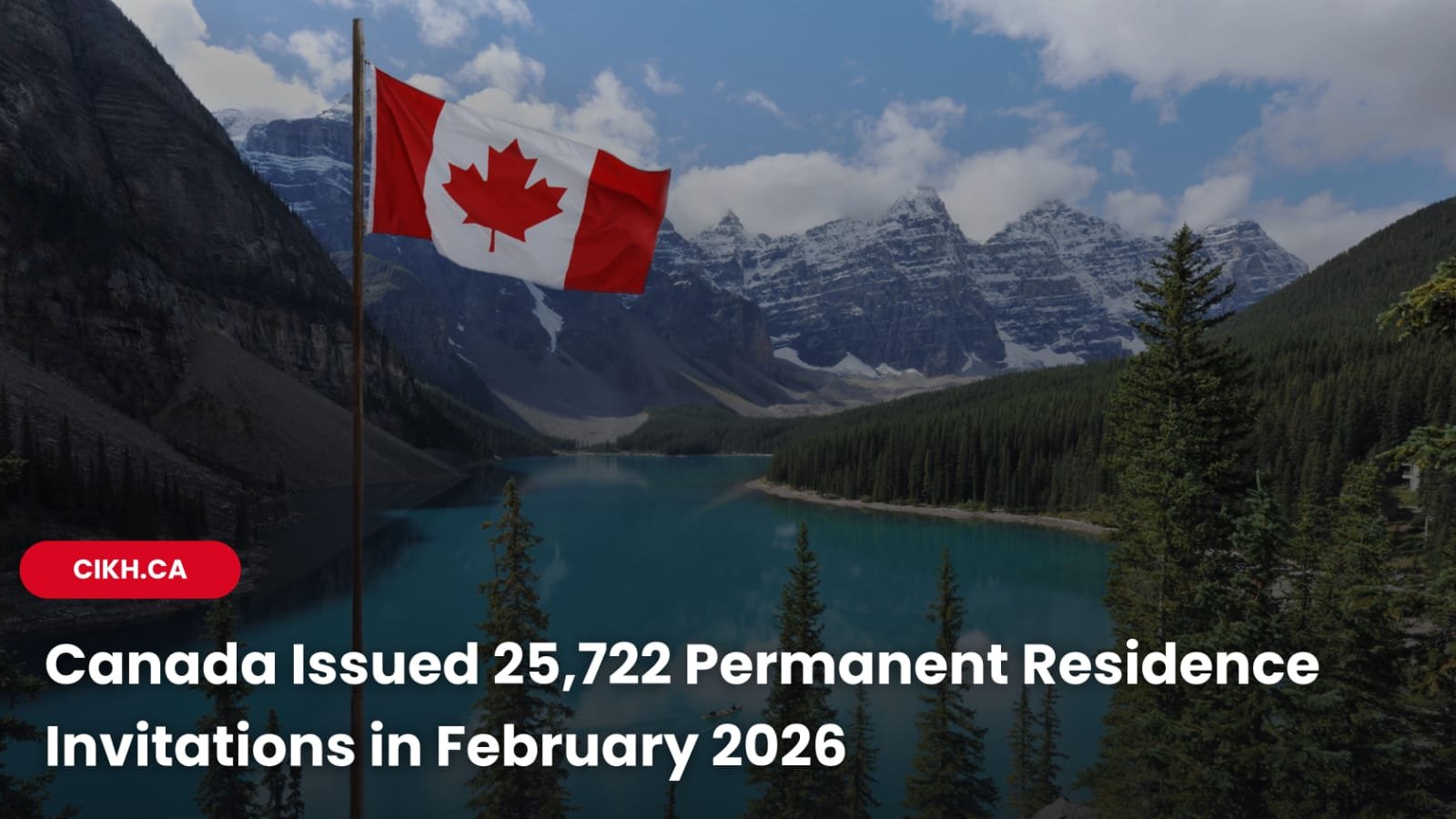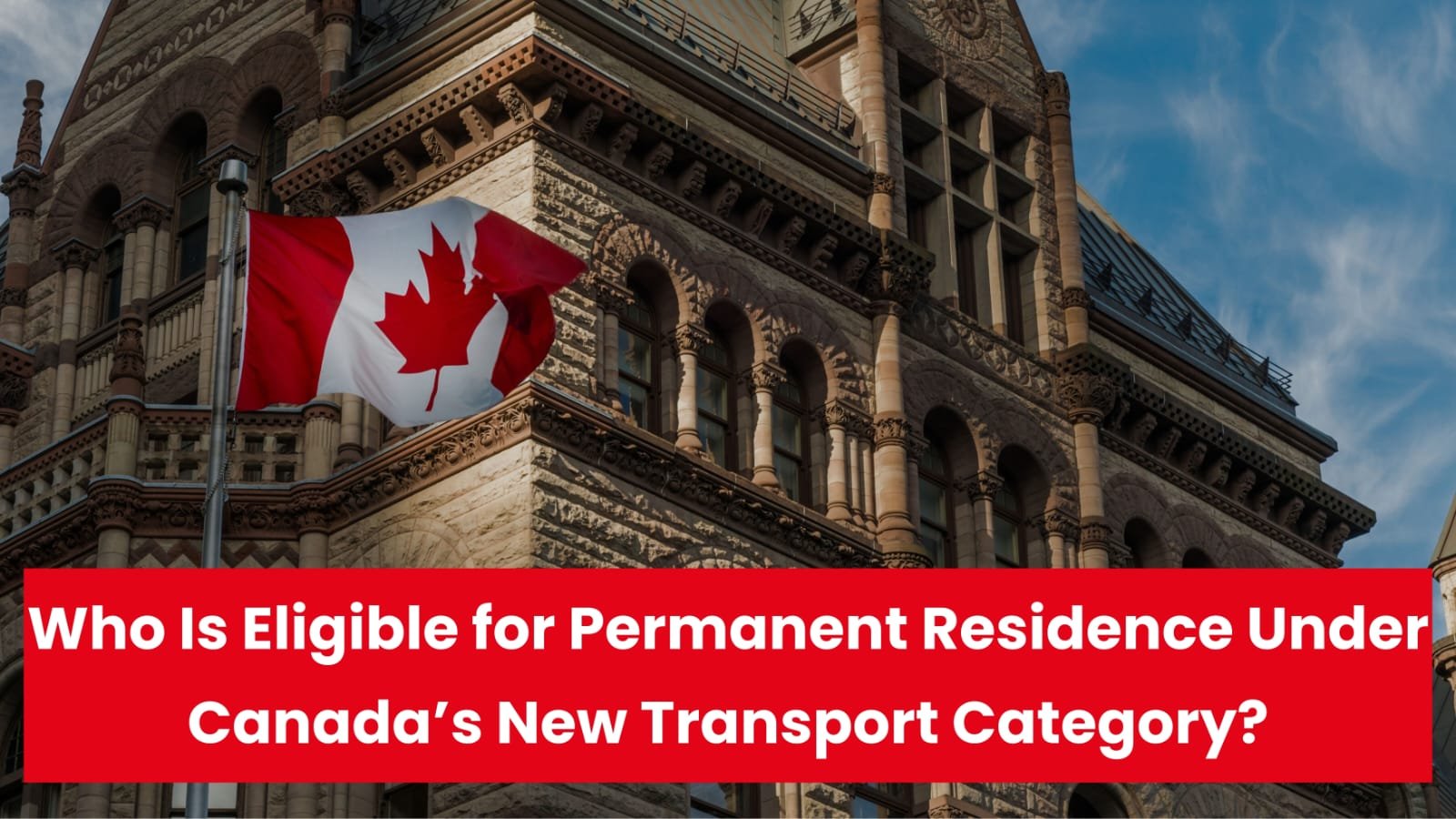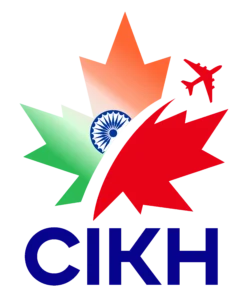Canada is embracing innovation with the pilot launch of the GeoMatch Algorithm, a joint initiative between Immigration, Refugees, and Citizenship Canada (IRCC) and Stanford University.
GeoMatch uses advanced data analytics to suggest personalized settlement locations in Canada for immigrants, aiming to improve their economic outcomes. The algorithm combines various factors such as income predictions, regional economic characteristics, applicants’ location preferences, and other personal criteria to match individuals with the best places to live and work in Canada.
Book Your Consultation for Canadian Immigration
This voluntary pilot project, testing GeoMatch with Express Entry applicants, is designed to enhance participants’ economic integration and overall experience in Canada. The results could help redefine how newcomers contribute to the country’s economy, while also addressing persistent challenges in Canada’s immigration system.
What is the GeoMatch Algorithm?
GeoMatch is a sophisticated algorithm developed to recommend the most suitable Canadian locations for immigrants based on their professional skills, education, language proficiency, and other relevant factors.
By analyzing data related to labor market conditions, regional economic needs, and individual profiles, GeoMatch identifies areas where immigrants are most likely to find employment and thrive economically.
The algorithm factors in variables such as job availability, wage trends, and local support networks to guide newcomers toward locations that offer the best opportunities for success. It was developed in collaboration with Stanford University’s Immigration Policy Lab and leverages machine learning to process large datasets, delivering personalized recommendations that go beyond traditional immigration streams.
Currently, GeoMatch is being tested within the Express Entry system, which is Canada’s primary program for skilled economic immigrants.
Why GeoMatch Matters
Canada’s immigration system has struggled with ensuring that newcomers settle in regions where their skills are in demand. While many immigrants tend to concentrate in large urban centers like Toronto, Vancouver, and Montreal, this has led to overcrowding, housing shortages, and underemployment in certain fields.
At the same time, smaller cities and rural areas face labor shortages in critical sectors such as healthcare, trades, and technology.
GeoMatch aims to address these imbalances by recommending settlement locations where newcomers are more likely to find meaningful employment and contribute to the economy. For example, a software engineer might be directed to Kitchener-Waterloo, Ontario, a growing tech hub, while a nurse could be advised to settle in a rural area in Saskatchewan facing healthcare worker shortages.
The goal is to encourage a more balanced distribution of immigrants across the country, easing the strain on major cities and fostering economic growth in underdeveloped regions.
GeoMatch is highlighted as a key component of IRCC’s 2025–2026 Departmental Plan, which emphasizes using data-driven solutions to improve immigration outcomes. The pilot aligns with Canada’s Immigration Levels Plan for 2025–2027, which aims to reduce permanent resident admissions to 395,000 in 2025 to prioritize sustainable growth and better integration.
How GeoMatch Works
GeoMatch works by integrating several key data sources:
- Candidate Profiles: Information from Express Entry applications, including education, work experience, language proficiency, and occupation.
- Labour Market Data: Real-time insights into job openings, wage levels, and industry demands across Canada.
- Community Factors: Availability of settlement services, housing affordability, and community support, especially for French-speaking newcomers.
The algorithm processes this data to produce a ranked list of settlement locations tailored to each applicant’s unique profile. For instance, a candidate skilled in renewable energy might be paired with opportunities in Alberta’s clean-tech sector, while a French-speaking teacher could be directed to a Francophone community in New Brunswick under the Welcoming Francophone Communities initiative.
During the pilot phase, GeoMatch recommendations are voluntary, giving candidates the freedom to choose their preferred destination. However, IRCC hopes the tool will help participants make more informed decisions, reducing the risk of underemployment and improving long-term economic integration.
GeoMatch’s recommendations are advisory, not mandatory, and IRCC is committed to ensuring the tool complies with Canadian privacy laws. The eligibility criteria and public interface are yet to be fully disclosed.
Challenges and Future Prospects
While GeoMatch holds great potential, its pilot phase faces some challenges:
- Data Accuracy: The success of the algorithm depends on the availability of up-to-date, accurate labor market data, which may vary by region and industry.
- User Adoption: Convincing immigrants to consider settlement in less familiar or rural areas may require additional support, such as housing grants or relocation assistance.
- Integration Support: GeoMatch needs to be paired with robust settlement services to ensure newcomers are fully supported in their new communities.
IRCC plans to assess the pilot’s results by mid-2026, with the possibility of expanding GeoMatch to other immigration streams, including the Provincial Nominee Program (PNP) or the Atlantic Immigration Program.
If successful, GeoMatch could become a cornerstone of Canada’s immigration system, complementing initiatives such as the Rural and Northern Immigration Pilot.
A Step Toward Smarter Immigration
The GeoMatch Algorithm represents a significant leap forward in Canada’s approach to immigration. By leveraging data and advanced technology, IRCC aims to create a more efficient and mutually beneficial system—helping newcomers find meaningful work while supporting regional economies.
As the pilot progresses, its success will depend on addressing public concerns, refining the algorithm, and ensuring equitable access for all candidates. For now, Express Entry applicants can look forward to testing GeoMatch’s recommendations and potentially reshaping their Canadian journey.
For more information, visit IRCC’s official website or consult with a licensed immigration professional.
